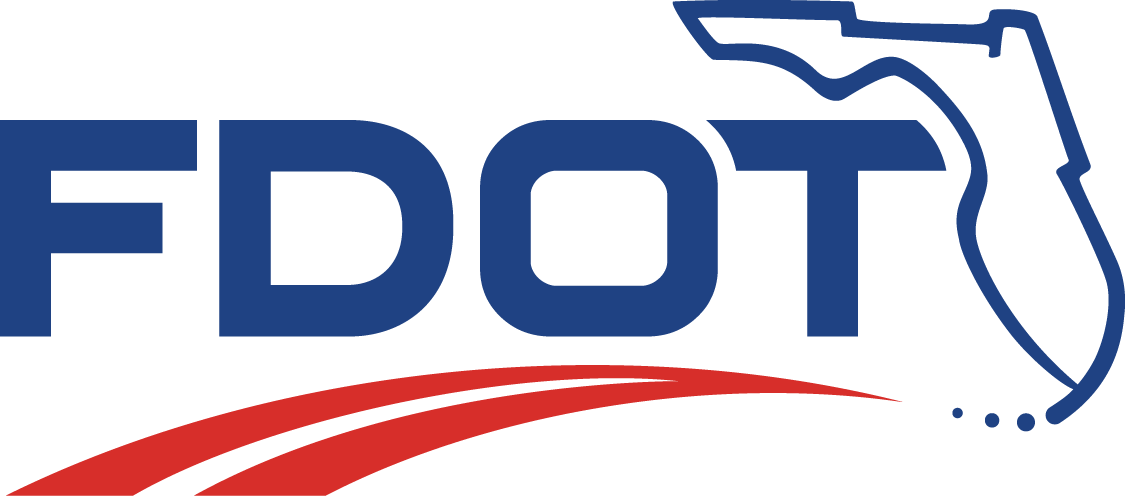SIB Frequently Asked Questions
1. What is the SIB?
The SIB is a revolving loan and credit enhancement program and is used to leverage funds to improve project
feasibility. The SIB can provide loans and other financial assistance to public or private entities. As existing
loans are repaid, those repayments are revolved and available for future lending on other eligible SIB projects.
2. Under what authority does the federally-funded SIB operate?
The National Highway System (NHS) Act of 1995 authorized up to 10 states to establish a pilot SIB. Florida was
selected as one of the original ten states to establish such a SIB. Under the Transportation Equity Act for the 21st
Century (TEA-21), another SIB pilot was implemented with Florida as one of four participating states. The
previous NHS Act SIB was rolled into the new pilot under TEA-21 to form the SIB program.
3. Under what authority does the state-funded SIB operate?
The state-funded SIB functions under Section 339.55, Florida Statutes – State-Funded Infrastructure Bank. The
bonding authority functions under Section 215.617, Florida Statutes – Bonds for State-Funded Infrastructure
Bank.
4. Is the SIB loan considered a grant?
No. The SIB is a lending facility/program. The borrower of a SIB loan must repay the loan according to the repayment schedule in the loan agreement.
5. What qualifies a project for the federally-funded SIB?
Federally-funded SIB projects must meet all federal guidelines under title 23, United State Code (USC) or capital
projects as defined in Section 5302 or title 49 USC. Projects must be included in the adopted comprehensive
plans of the applicable Metropolitan Planning Organization (MPO) and must conform to all federal and state laws,
rules and standards.
6. What qualifies a project for the state-funded SIB?
State-funded SIB projects must be on the State Highway System or provide increased mobility on the State’s
transportation system, or provide intermodal connectivity with airports, seaports, rail facilities and other
transportation terminals. Also eligible are projects of the Transportation Regional Incentive Program (TRIP) per
Section 339.2819(4), Florida Statutes. Projects must be consistent, to the maximum extent feasible, with local
Metropolitan Planning Organization (MPO) and local government comprehensive plans and must conform to
policies and procedures within applicable Florida Statutes and other appropriate state standards for the
transportation system.
The state-funded account also allows for the lending of capital costs or can provide credit enhancements for
emergency loans for damages incurred on public-use commercial deepwater seaports, public-use airports, and
other public-use transit and intermodal facilities that are within an area that is part of an official state declaration
of emergency per Chapter 252, Florida Statutes and other applicable laws.
7. How do you go about receiving SIB funds?
An application is required to ensure potential SIB projects meet eligibility, financial, and production criteria.
8. When are Applications for SIB assistance accepted?
Applications are advertised on an annual basis and must be submitted by the project sponsor/borrower during the
open advertisement periods posted on the department’s SIB website.
SIB Website: http://www.fdot.gov/comptroller/PFO/sib.shtm
9. What interest rate is used for Applications?
The SIB Program Manager can assist with an indicative interest rate for planning purposes and financial model development prior to the submittal of an Application. As a comparator, the State and Local Government Series (SLGS) rates of similar maturities are used to aid in determining an interest rate, plus a risk premium. The Department will determine an indicative interest rate for the application based on current market conditions, financial strength of the borrower, term, and risk of loan. SLGS Website: https://www.treasurydirect.gov
10. If awarded, when are SIB funds available?
If a SIB Loan application is accepted and awarded, SIB funds would not be available until the following state fiscal year. For example, if an application is received by June 2022 and awarded, SIB funds would not be available until July 1, 2023 at the earliest. This schedule allows for awarded projects to be programmed in the department’s work program, followed by the budget and legislative appropriation process. No expenditures are eligible for reimbursement prior to this July 1, 2023 date AND the execution of a SIB Loan Agreement.
11. How are the disbursements and repayments determined?
The project sponsor/borrower proposes the disbursements and repayments in the original application based on a project schedule and estimated expenditures. Final disbursements and repayments for a loan are established after conducting a financial feasibility analysis of the SIB finance plan and the loan agreement has been negotiated and executed.
12. What is meant by primary repayment source and secondary repayment source?
The primary repayment source is the funds pledged to repay a potential SIB loan. The secondary repayment
source is a backstop in the event the primary repayment source falls short or becomes unavailable. Consideration
is given to projects having the most secure sources of funding, a higher level of financial feasibility and financial
safeguards in place should project funding fall short, ensuring completion of the project and repayment of the SIB
loan.
13. Can a SIB loan be subordinate to other financing?
The amount of any loan or other assistance may be subordinated to other debt financing for a project with an
investment grade rating of “BBB” or higher.
14. Where are the federally-funded and state funded SIB accounts housed?
Florida’s SIB program is established as escrow accounts with the Department of Financial Services. All proceeds
are invested by the State Treasurer in accordance with established state investment guidelines.
15. Are there any other SIB loan requirements?
Other requirements that may be incorporated into a loan agreement include semi-annual progress reporting requirements and/or compliance requirements (audited financial statements, reserve accounts funding, annual debt service coverage tests, etc.) SIB loans are tailored to the needs of both borrower and Department to ensure loan terms are favorable to all parties of the loan agreement.
